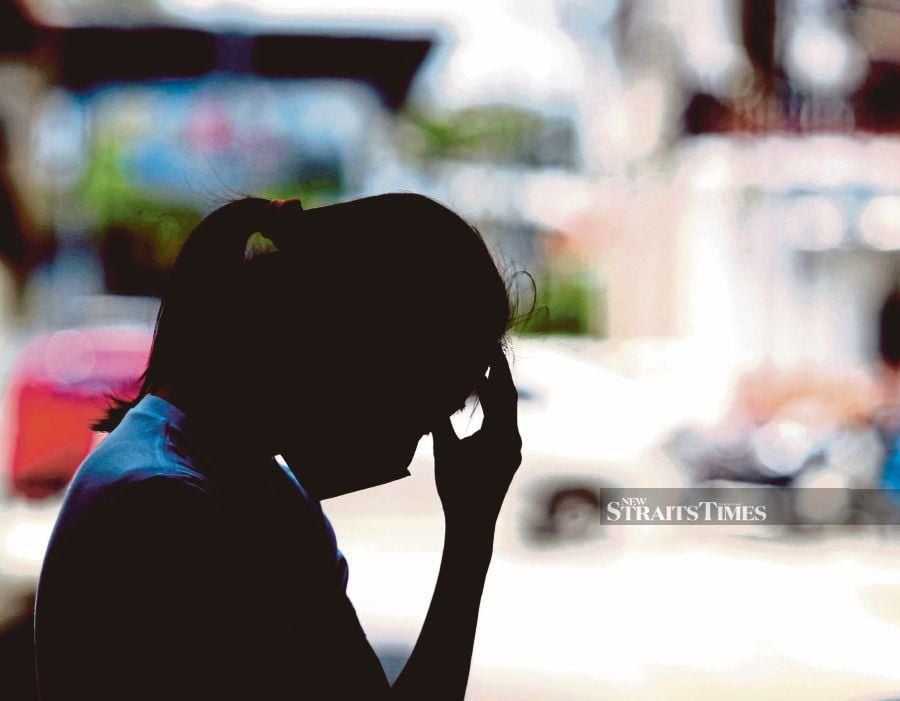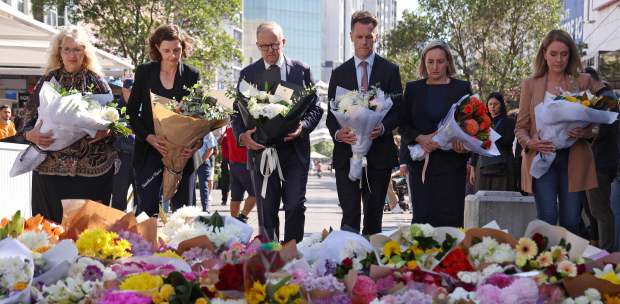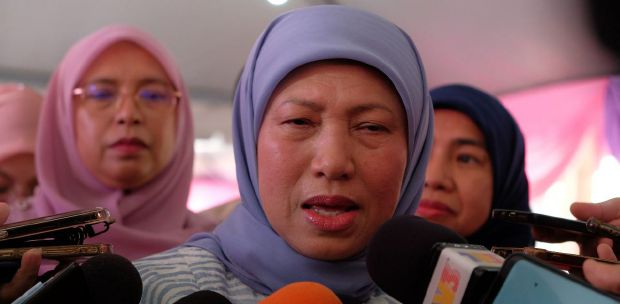SINE Hope's big passion in life is Latin and ballroom dancing, but her days of samba and rumba are over — two years ago, a vicious assault by her then-boyfriend left the vivacious South African in a wheelchair.
The former construction industry consultant, who was her family's main breadwinner, has not worked since.
"I almost died at his hands," said the 35-year-old. "It's affected my life entirely — physically, mentally and financially."
Hope, who lives in Ladysmith, about 310km southeast of Johannesburg, used to support her younger brother's studies but he has had to quit his civil engineering course and is now unemployed.
Hope's story illustrates the devastating financial impact of domestic violence on women and their families.
Experts say governments could save billions of dollars a year by tackling domestic abuse, and hope that revealing the financial toll will spur them to act.
Research suggests the global cost of all violence against women could be about two per cent of gross domestic product (GDP) or roughly US$2 trillion.
From Australia to Lesotho, a slew of studies have attempted to put a price tag on domestic violence.
"Whether it's a highly developed country or a lower-income country, the dollar figure has impact," said Nata Duvvury, a pioneer in costing studies.
The Thomson Reuters Foundation tallied the financial impact on two women — Hope in South Africa and Mexican activist Carolina Ramirez.
After adding up lost earnings, medical expenses and legal costs for the women and their families, the extreme violence that ruined their lives could also cost them hundreds of thousands of dollars.
Many women suffer abuse for decades, afraid to speak out for fear of being stigmatised or blamed. In some places, spousal violence is even tolerated. The noxious effects often ripple through to the next generation.
Hope's violent partner was already costing her money before the attack that put her in a wheelchair. She lost several contracts when he picked arguments before meetings with clients.
It's estimated that the overall cost to Hope and her brother to be about 1.66 million rand (US$89,780) so far.
Hope, who is now largely bedridden and needs a full-time carer, said her health insurance, medication and carer's wages come to 10,800 rand a month.
Over her lifetime, she could lose about 10 million rand in potential income, not taking into account inflation or pay rises. If her brother had completed his degree, he could have been earning around 240,000 rand a year.
In Vietnam, a 2012 study led to greater investment in healthcare for survivors and created better awareness of the wider ramifications of domestic violence.
Australia, New Zealand and Ireland are among a handful of countries that have introduced leave for survivors.
Colombia offers companies financial incentives to hire women affected by violence, and Brazilian companies must protect jobs for six months if survivors take time off.
But for the vast majority of women, assistance from employers or governments is all but non-existent — something Mexican campaigner Ramirez knows all too well.
Ten years ago, Ramirez, 61, was kidnapped and tortured by her former husband after leaving hospital in Mexico City following a stroke. He held her captive for four days, attacking her with a knife and hammer and cleaning out her bank account.
"I had to rebuild myself from zero," said Ramirez, who needed surgery for multiple injuries and then had to rent a property near the hospital — 230km from her home in eastern Mexico — so that she could continue treatment.
"You get support the first two or three months, but then the donations and help end," said the former human rights consultant.
Her son, a photographer, and her daughter, a teacher, gave up their jobs and moved to Mexico City to care for her.
It is calculated that domestic abuse had cost Ramirez and her children more than 3.92 million Mexican pesos (US$232,400) so far. Ramirez, who needs a wheelchair, could not work for three years and now lives with her daughter.
Over her lifetime, Ramirez will lose about 4.5 million pesos in potential earnings, according to calculations by the Thomson Reuters Foundation. Her former husband was jailed for eight years and died in prison in 2018.
"Violence affects your entire environment," she said. "You lose, your family loses, and everyone around you loses."
* The writers are from Reuters





